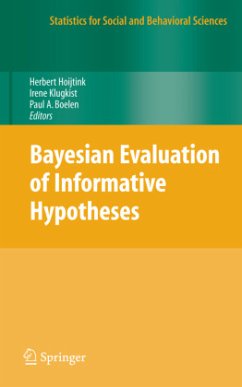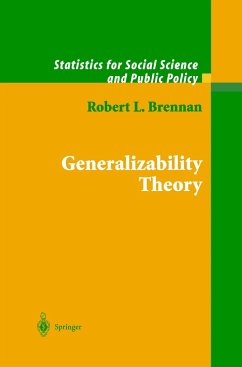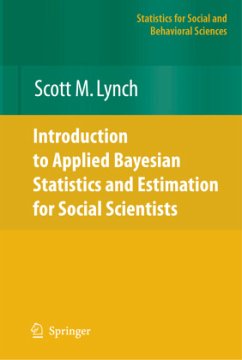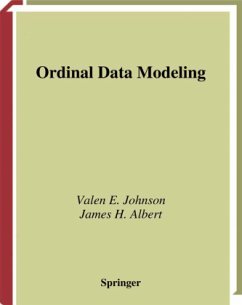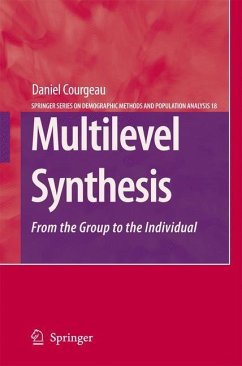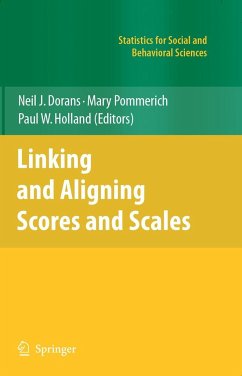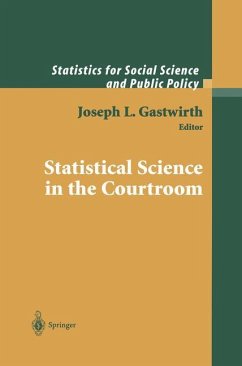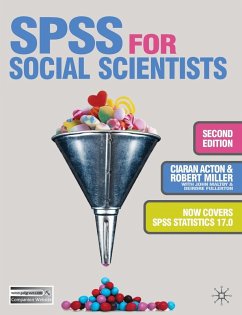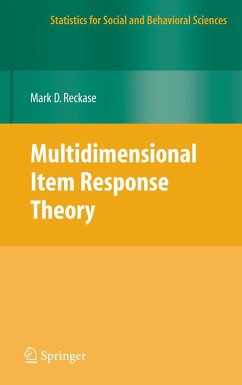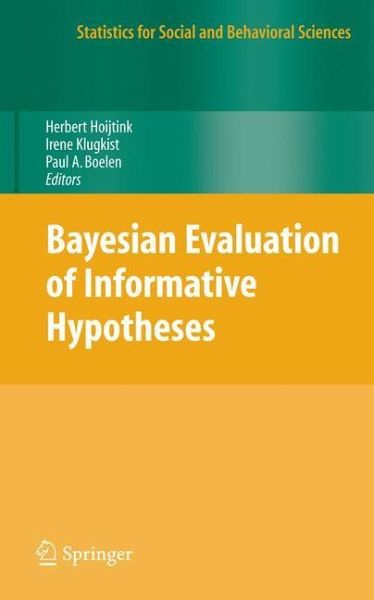
Bayesian Evaluation of Informative Hypotheses
Versandkostenfrei!
Versandfertig in 6-10 Tagen
76,99 €
inkl. MwSt.

PAYBACK Punkte
38 °P sammeln!
This book provides an overview of the developments in the area of Bayesian evaluation of informative hypotheses that took place since the publication of the ?rst paper on this topic in 2001 [Hoijtink, H. Con?rmatory latent class analysis, model selection using Bayes factors and (pseudo) likelihood ratio statistics. Multivariate Behavioral Research, 36, 563-588]. The current state of a?airs was presented and discussed by the authors of this book during a workshop in Utrecht in June 2007. Here we would like to thank all authors for their participation, ideas, and contributions. We would also lik...
This book provides an overview of the developments in the area of Bayesian evaluation of informative hypotheses that took place since the publication of the ?rst paper on this topic in 2001 [Hoijtink, H. Con?rmatory latent class analysis, model selection using Bayes factors and (pseudo) likelihood ratio statistics. Multivariate Behavioral Research, 36, 563-588]. The current state of a?airs was presented and discussed by the authors of this book during a workshop in Utrecht in June 2007. Here we would like to thank all authors for their participation, ideas, and contributions. We would also like to thank Sophie van der Zee for her editorial e?orts during the construction of this book. Another word of thanks is due to John Kimmel of Springer for his con?dence in the editors and authors. Finally, we would like to thank the Netherlands Organization for Scienti?c Research (NWO) whose VICI grant (453-05-002) awarded to the ?rst author enabled the organization of the workshop, the writing of this book, and continuation of the research with respect to Bayesian evaluation of informative hypotheses.





